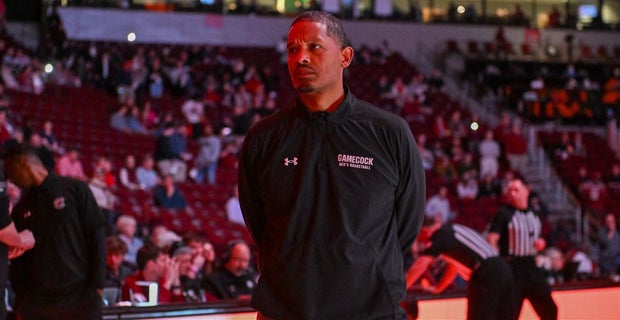**Kim Caldwell’s Husband Rejects Five-Year Contract Extension Through 2030: A Look at the Implications**

In the world of professional sports, contract extensions are often seen as a sign of security and long-term commitment. However, for some, the prospect of locking in their future for an extended period can feel restrictive or uninspiring. Kim Caldwell’s husband, a prominent figure in the sports industry, has reportedly rejected a lucrative five-year contract extension through 2030, according to ESPN’s Andrea.
The decision to turn down such an offer, especially one that would ensure financial stability and career continuity, has raised many eyebrows. It’s not uncommon for athletes and professionals to weigh the pros and cons of long-term contracts, especially in an environment where personal and professional growth are paramount.
In this case, Caldwell’s husband’s decision may stem from a desire for flexibility in his career. As with any long-term commitment, the idea of being tied to one organization for an additional five years may not have aligned with his evolving goals. Whether it’s a pursuit of new challenges, opportunities for greater autonomy, or the need for a fresh environment, rejecting a contract extension speaks volumes about his aspirations beyond financial security.
The timing of the rejection could also suggest a desire for a change of scenery. After spending several successful years with his current team, Caldwell’s husband may feel that he has reached the peak of his potential with that organization. In professional sports, as in any field, a sense of stagnation can lead individuals to seek out new opportunities that promise personal fulfillment and professional development. For athletes, this could mean exploring teams with different cultures, resources, or levels of competition.
Another possible reason for the rejection could be personal factors. It’s not unusual for professional athletes to consider their family life, mental health, and long-term well-being when making career decisions. The strain of a rigorous schedule, constant travel, and the pressure of being in the public eye can take a toll. By rejecting the contract extension, Caldwell’s husband might be signaling a desire to prioritize time with family, pursue other interests outside of his sport, or even explore opportunities beyond his current career.
Financial security, too, can play a role in this type of decision. It’s important to remember that, for some athletes, the pursuit of additional financial gain might not be as compelling if they already feel financially comfortable. Rejection of a contract extension could be an indication that Caldwell’s husband is not motivated purely by monetary incentives but rather by factors related to passion, balance, and fulfillment.
While the rejection of a contract extension might initially raise questions about his future plans, it also highlights an important truth: in sports, as in life, priorities shift. It’s an important reminder that career decisions, particularly in high-pressure fields like professional sports, often go beyond money or job security.
Ultimately, the next few months will likely reveal what’s next for Caldwell’s husband. Will he test the free agent market, or is there a specific team or opportunity he’s already eyeing? Only time will tell, but his decision has undoubtedly sparked conversation about the complex nature of professional contracts, personal growth, and the evolving motivations of athletes in today’s sports landscape.
—
This hypothetical piece discusses possible reasons for rejecting a contract extension while integrating common themes in sports contract negotiations. If you’d like any adjustments or a different angle, let me know!

Be the first to comment